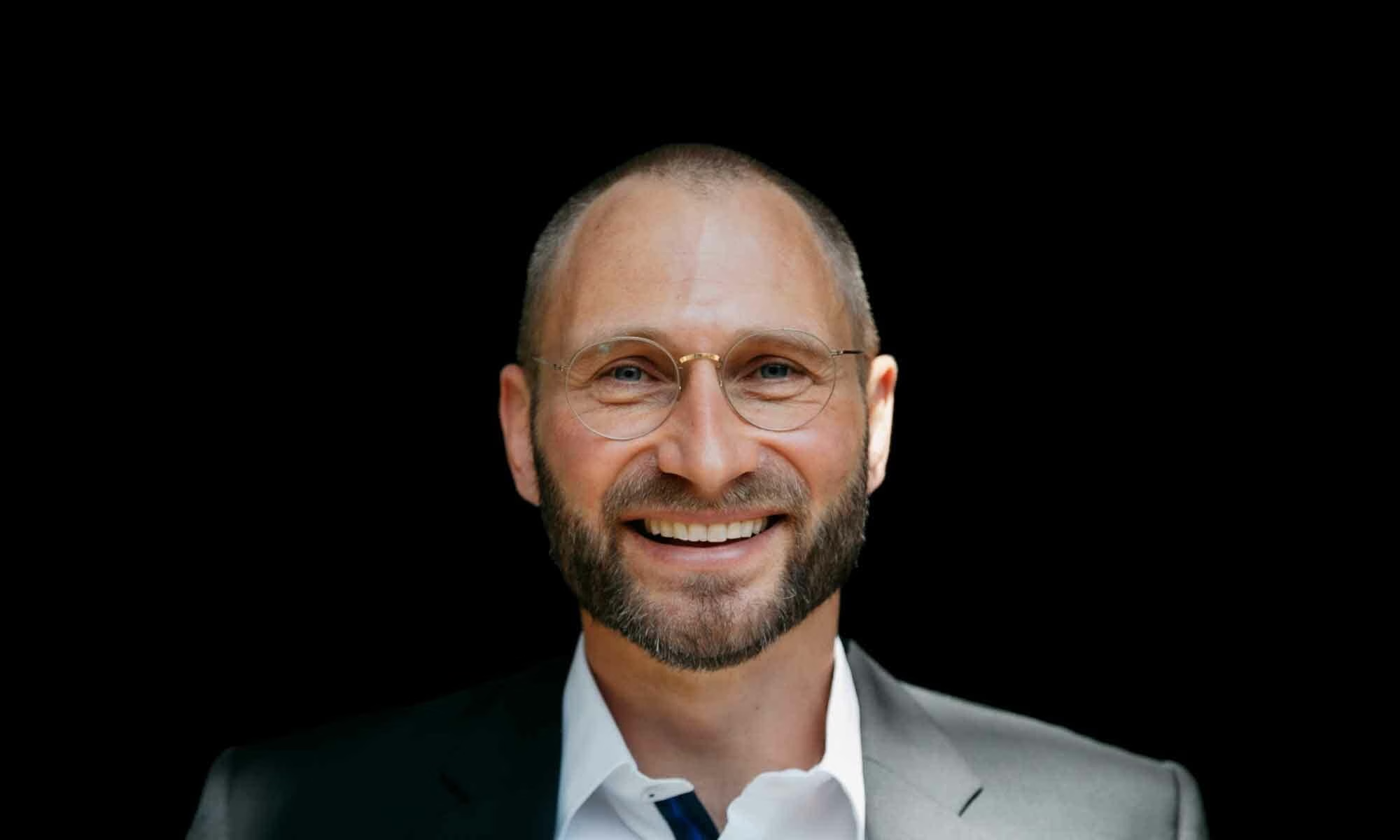A short article on the downsides of digitization including a video link.
A large proportion of Generation Z, also known as mobile natives, are experts at using smartphones - no wonder, they grew up with them. If you have children of your own, you have certainly observed that the little ones already know how to unlock smartphones and swipe around on them in their first year of life. That's how intuitive the system is. And right from the start, the children see how much time mom and dad spend in front of their little screens - on walks with the children or on the bench at the playground. In this way, parents are already shaping their children's relationship with the smartphone.
Incidentally, Generation Zers also differ from their predecessor generation, the millennials (also known as digital natives), who did not grow up with smartphones but "only" with PCs. On the one hand, many of Generation Z are considered multitaskers² and can work with up to five screens at the same time. Millennials still have two screens, so in this respect, Zlers seem to be a kind of Millennials on a natural speed.
On the other hand, growing up with a smartphone also brings with it a lot of dangers. Millennials only acquired their smartphone habits and addictions in adulthood, before these devices existed. Zlers, on the other hand, have practically absorbed the mobile use of digital equipment with their mother's milk. And it is precisely here, i.e. in the early use of these devices and thus in getting used to them, that some dangers lurk.
The biggest risk is that you develop an addiction and become dependent on the device and the feelings you get from it. Just imagine the "Bing" sound your smartphone makes when you receive a new message. Does it feel good? It does, right? That's because of the dopamine you release when you hear that sound. Ah, something new. Maybe a great message? Maybe a new like for a picture I've posted? This addiction, coupled with the remodeling of the brain during puberty, is similar to advising your children to consume alcohol or just have a smoke to deal with their challenges during adolescence. It is precisely at this age that hard-to-beat addiction pathways are created in the brain.
And the high dependence on smartphones, constant accessibility and social media, be it Whatsapp, Insta, TikTok, Snapchat etc., also brings with it a whole range of other risks. For example, possible limitations in terms of the ability to form genuine social bonds. Or the possible lack of stamina to achieve goals, as you can quickly satisfy your needs, whether emotional or material, at any time, whether by messaging lots of friends and getting replies or ordering from Amazon - preferably Prime Now. There are also other risks and side effects, which I present in my talks and discuss in more detail together with the aspects only briefly touched on here.
Incidentally, this is precisely why Dopamine fasting in Silicon Valley is currently in vogue. In this way, you can try to break through the constant flood of stimuli and dopamine and the upward spiral ("wanting more and more dopamine") that may be associated with it. And I advise everyone to try it out for themselves. On your next vacation, simply switch off your cell phone completely and put it away. Don't touch it for three days. If that works without any problems, congratulations! I haven't quite managed it yet, but I will try again on my next vacation.
If you would like to delve a little deeper into the topic, I recommend the video by Simon Sinek on the dangers of digitalization. He also discusses some of the points mentioned here and explains his ideas on how to counter the dangers:
You can find out more about the generation here on my website or in my lectures.

